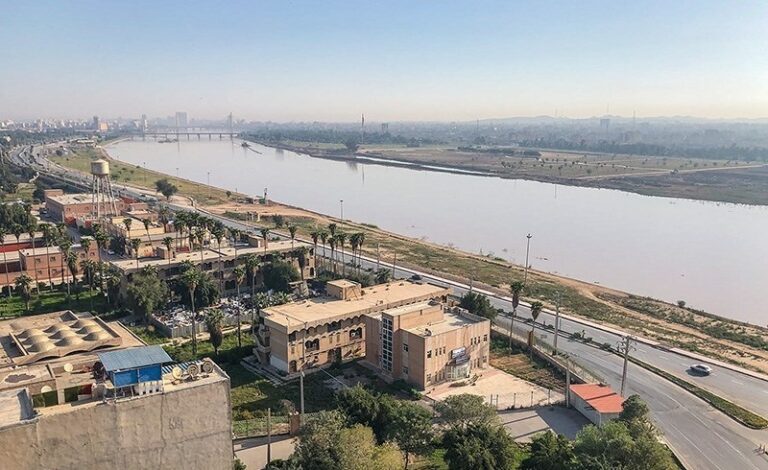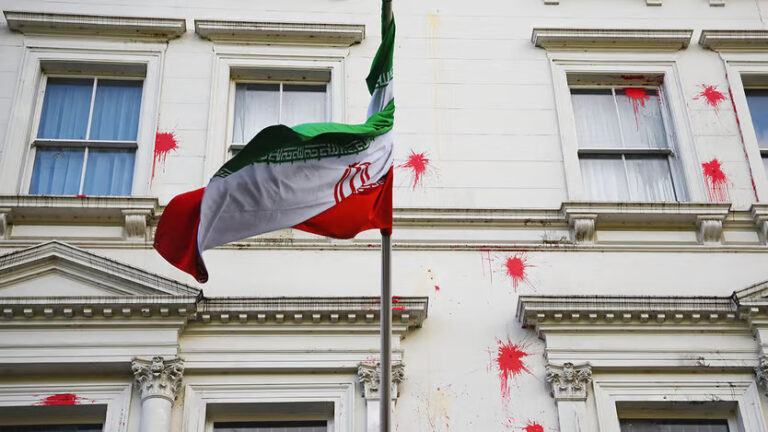WASHINGTON/SANAA (Al Arabiya.net)
Yemen cracks down on cargo, Saudi key suspect in plot
Support is growing in the U.S. military and administration of President Barack Obama for shifting
to the CIA operational control over elite special forces teams secretly in Yemen, The Wall Street Journal reported Monday, as an alleged Saudi bombmaker became a key suspect behind two parcel bombs posted to the U.S. on cargo planes. Citing unnamed officials, the newspaper said the foiled mail bombing plot by suspected al-Qaeda militants in Yemen has added urgency to an administration review of expanded military options. Officials said such a shift would allow the United States to strike suspected militant targets unilaterally with greater stealth and speed, the report said.
Allowing U.S. Special Operations Command units to operate under the Central Intelligence Agency would also give the United States greater leeway to strike without the explicit blessing of the Yemeni government, the paper said.
In addition to streamlining the launching of strikes, it would allow the Yemeni government deniability because the CIA operations would be covert, The Journal said.
The White House is already considering adding armed CIA drones to the arsenal against militants in Yemen, the paper said.
Yemeni officials have been reluctant to publicly acknowledge U.S. aid in its counterterrorism campaign, given the high anti-American feelings in the country.
Unusual but not unprecedented
According to the paper, placing military units overseen by the Pentagon under CIA control is unusual, but not unprecedented. Units from the Joint Special Operations Command have been temporarily transferred to the CIA in other countries, including Iraq, in recent years in order to get around restrictions placed on military operations.
The CIA’s drone program targeting militants in Pakistan’s tribal regions is carried out with the knowledge and cooperation of Islamabad, but U.S. military units don’t operate independently on the ground in Pakistan.
The CIA conducts covert operations based on presidential findings, according to the Wall Street Journal report, which can be expanded or altered as needed.
For example, when the military conducts missions in a friendly country, it operates with the consent of the local government.
An increase in U.S. missile strikes or combat ground operations by American commando forces could test already sensitive relations with Yemen, which U.S. officials believe is too weak to defeat al-Qaeda.
Yemen has allowed the U.S. military to carry out a series of strikes on al-Qaeda targets over the past year. But in some cases, Sanaa has delayed or objected to U.S. operations. A shift to the CIA would streamline U.S. decision-making, giving the White House more direct control over day-to-day operations.
Al-Asiri’s past activities and explosives’ experience make him a leading suspect
A U.S. official
Applying “exceptional” security measures
Yemen’s state news agency Saba, meanwhile, reported that the authorities will thoroughly inspect all cargo shipments under “exceptional” security measures implemented after two U.S.-bound bomb parcels were sent from the country.
Yemen’s national committee for civil aviation security has decided “to implement exceptional security measures on all cargo leaving Yemeni airports to ensure the safety of civil aviation,” Saba said, quoting a committee statement.
In the meantime, an alleged Saudi bombmaker was a key suspect behind the two parcel bombs posted to the U.S. on cargo planes, as it emerged one of the packages also travelled on a passenger flight.
Ibrahim Hassan al-Asiri, a 28-year-old alleged al-Qaeda bombmaker, is a “leading suspect” in the parcel bomb plot uncovered late Thursday, a U.S. official said late Sunday.
“Al-Asiri’s past activities and explosives’ experience make him a leading suspect,” the official said on condition of anonymity.
The militant, thought to be hiding in Yemen, is wanted for a string of high-profile attacks linked to al-Qaeda in the Arabian Peninsula (AQAP), the Yemen-based branch of Osama bin Laden’s network.
“There are indications he may have had a role in past AQAP plots, including the attempted assassination of a Saudi official and last year’s failed Christmas Day attack,” the official said.
U.S. counter-terrorism chief John Brennan also linked the attempted Christmas Day bombing and the package plot, both of involved the high explosive PETN.
He’s a very dangerous individual — clearly somebody who has a fair amount of training and experience
U.S. counter-terrorism chief John Brennan
“Very dangerous individual”
Evidence suggested the same person built the intercepted parcel bombs and the device worn by the “underwear” bomber Omar Farouk Abdulmutallab who botched an attack on a flight to Detroit on Christmas Day 2009, he said.
“I think the indications are right now based on the forensics analysis that it’s an individual who has been responsible for putting these devices together, the same,” he told ABC News Sunday.
“He’s a very dangerous individual — clearly somebody who has a fair amount of training and experience.”
Asiri features on most-wanted terror lists in both Yemen and Saudi Arabia.
In August 2009 he sent his 23-year-old younger brother on a suicide mission, with 100 grams (four ounces) of PETN underneath his white Saudi robe, to kill Saudi intelligence chief Prince Mohammed bin Nayef, who was wounded but survived.
U.S. officials have said the parcel bombs intercepted in Dubai and Britain were addressed to synagogues in Chicago.
Qatar Airways said a package containing explosives was flown from Sanaa to Doha and then on to Dubai on one of its aircraft. A source said on condition of anonymity that the plane was a passenger flight.
The bomb had PETN hidden inside a computer printer with a circuit board and mobile phone SIM card attached, officials said.
The other parcel was found at East Midlands airport in central England and apparently travelled through Cologne in Germany. British Prime Minister David Cameron said it appeared designed to blow up a plane.
We are looking and we will look at screening of freight, we’ll be looking at the processes that they use, we’ll be talking with the industry about those issues
British Home Secretary Theresa May
Investigation and questioning
In Yemen a medical student detained on Saturday after being tracked down through a mobile number written on the explosives-filled packages was released Sunday, her father said.
A Yemeni official said Hanan al-Samawi, 22, was freed on condition she present herself for further questioning if required.
Hundreds of students rallied at Sanaa University Sunday calling for Samawi’s release.
Meanwhile the Hood rights group said it had information that “all employees” from the Sanaa offices of FedEx and UPS — the courier firms reportedly used for the parcels — had also been held for questioning.
Yemeni officials have said they were examining 26 other seized packages and also studying their security system on cargo to enforce stricter measures.
Britain also said it will review how freight is screened.
“We are looking and we will look at screening of freight, we’ll be looking at the processes that they use, we’ll be talking with the industry about those issues,” Home Secretary Theresa May told BBC television Sunday.
Shortly after the discovery of the bombs, Britain banned all freight from Yemen from coming into the country, including in transit. On Saturday, Germany and France took similar measures to suspend air freight from Yemen.
(Compiled by Abeer Tayel)









+ There are no comments
Add yours